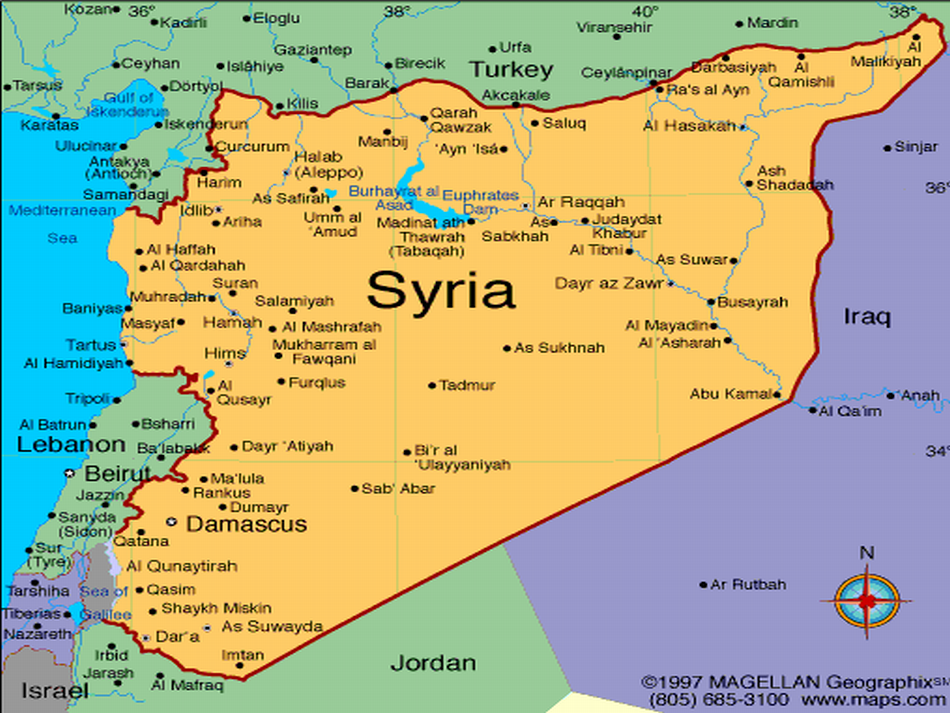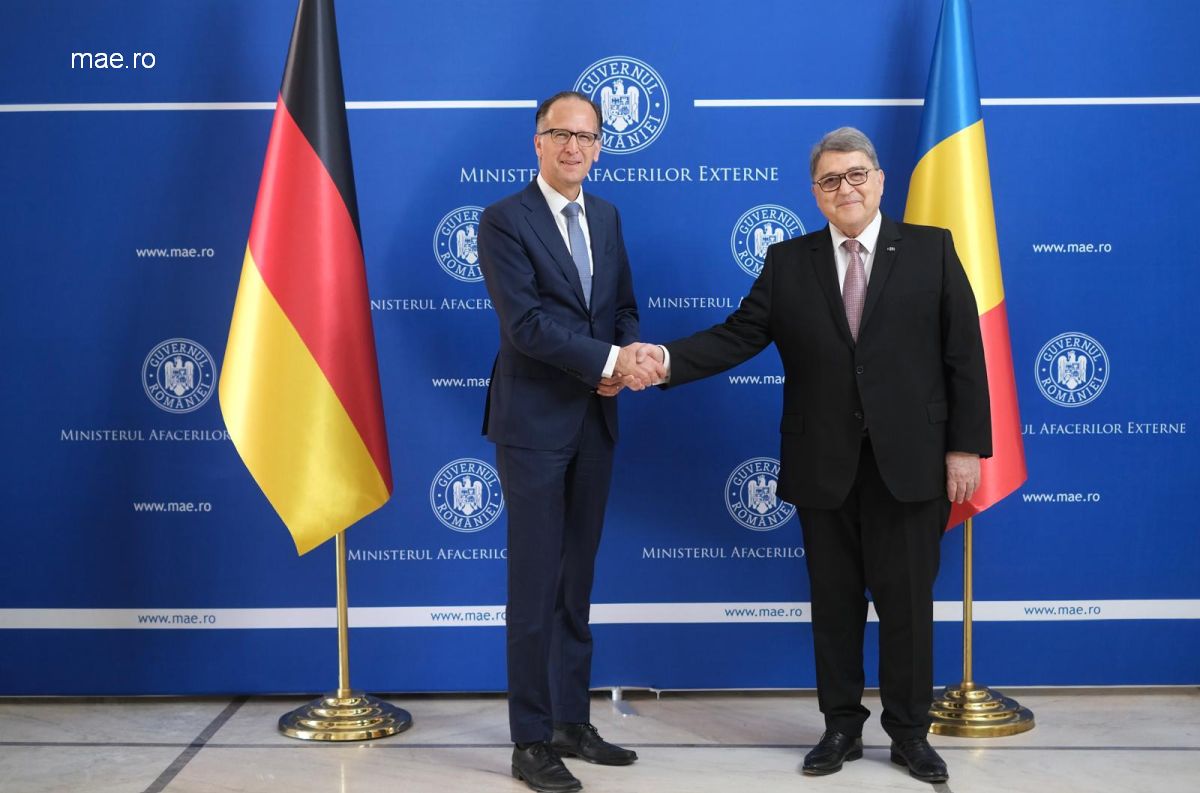The conflict in Syria – key moments
hree weeks after the chemical attack in Damascus, the worlds superpowers are still debating the possibility of a military intervention in that country.

Florentin Căpitănescu, 09.09.2013, 13:05
In terms of international policy, the Syrian crisis, which has been unfolding for the past two years and a half now, dominates the international agenda, taking precedence over other important topics, such as the Iranian and North Korean nuclear programmes and the Palestinian-Israeli peace process. The international community is showing increasing signs of concern, given that the string of violence in Syria has so far killed 100,000 people, according to UN estimates. Adding to that is the huge number of refugees, which stands in the millions.
After being criticised for its mild reactions to the Syrian conflict, the international community has finally adopted a different angle with respect to Bashar al-Assad’s regime. The use of chemical weapons has sparked the anger of Western countries, which remain however split over the means of solving the Syrian crisis. For France and the US, commonly seen as the advocates of a military intervention, diplomacy is no longer the first option, foreign policy pundits have argued.
Although he has openly argued in favour of an armed intervention in Syria, US president Barack Obama nevertheless needs Congress’s approval to push on. Over the last week the Obama administration has launched a self-described “flood the zone” media campaign to convince Congress to give the go-ahead to launch a strike. In another development, US Secretary of State John Kerry has embarked on a tour of Europe, seeking to rally the military support of US’s European partners.
Meanwhile, European countries such as Germany are still waiting for the final report of the UN investigation into the circumstances of the chemical attack before formulating a standpoint. On the other side of the geopolitical chessboard, Syria’s most powerful ally Russia maintains its hard-line opposition to any foreign military operations in that country. While its actions have polarised the international community, the Syrian regime presses on its military offensive against opposition rebels, with the support of Hezbollah Lebanese Shiites.
The latest chemical attack is further evidence of Bashar al-Assad’s unflinching willingness to sacrifice anything to maintain his grip on power, international observers have said. Assad has rapidly moved from authoritarian ruler, a commonplace profile for heads of state in the Middle East, to totalitarian dictator, desperate to hold onto his prerogatives, while depriving his people of their most fundamental right — their own life.






























